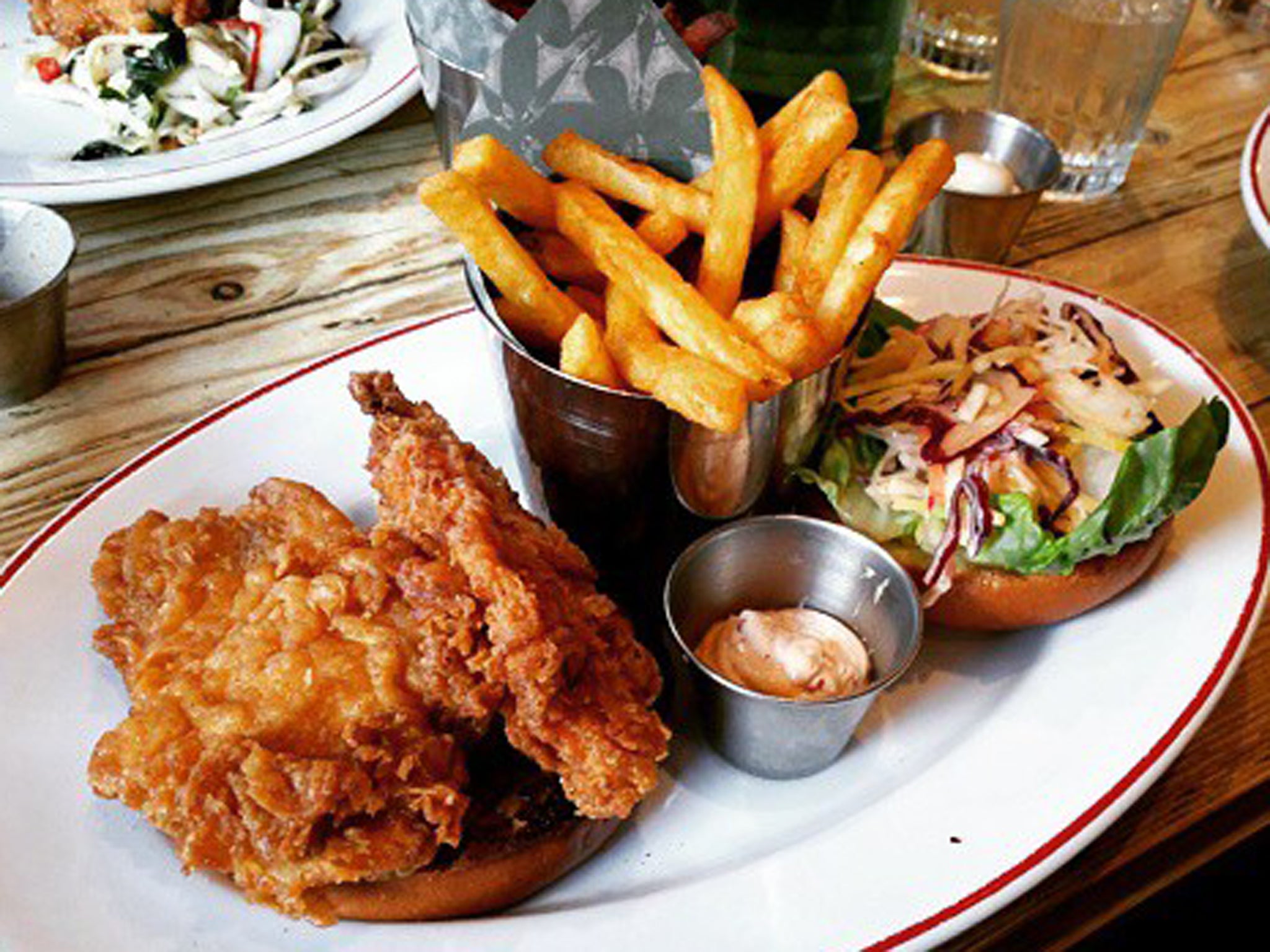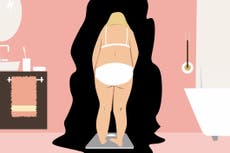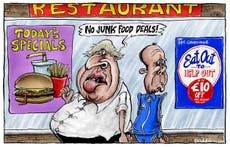Why Boris Johnson’s obesity campaign could cause further suffering for those with eating disorders
Nutritionists argue that a ‘walk of shame’ every time someone buys a pack of Jammy Dodgers or McDonald’s double cheeseburger is not a good way to deal with unhealthy eating, says Alice Wilson


“Better Health” is the new government initiative set to tighten the belt loops on the nation after the “wake-up call” of Covid-19. It pledges to “get the nation fit and healthy, protect themselves against Covid-19 and protect the NHS”. The measures include banning TV adverts of high fat and sugary food before 9pm, ending buy one get one free offers on high calorie foods and introducing calorie counting labels on restaurant menus, alcoholic drinks and the front of all food packaging.
This move concerns many nutritionists. They argue that a “walk of shame” every time someone buys a pack of Jammy Dodgers or McDonald’s double cheeseburger is not a good way to deal with unhealthy eating. Rather, there needs to be a societal shift in the way we think about food. As food experts, psychologists and performance nutritionists have all argued, even our transport systems funnel us into fast food networks: train stations and workplaces are filled with unhealthy fast food restaurants.
According to a recent report by the Royal Society for Public Health, over one in three of us buy food on an impulse if it’s on special offer. Another recent study by the Office for National Statistics shows that over a third of people in the UK underestimate their calorie intake. Many dieting websites and companies suggest calorie counting as a way of tackling the problem. But as the NHS confirms, different calories have different values. For example, 100 calories of apple will have a very different effect on your health than 100 calories of chocolate.
Yes, more than two thirds of adults in the UK are overweight or obese, and one in three children leave primary school overweight or obese. There can be no doubt that obesity is, as the government claims, “one of the biggest health crises this country faces”. However, mental health is, arguably, a much bigger problem, and nutritional therapist and gut health specialist Evie Whitehead argues this is also linked to nutritional health.
According to Whitehead, the micronutrients which cause happy hormones and neurological balance aren’t being eaten by teenagers who are suffering with mental health problems, and there is strong evidence linking bad gut health with bad mental health.
But the biggest concern of all is the effect Boris Johnson’s Better Health scheme will have on those who have food-related mental health issues, such as anorexia and bulimia.
There is no clear cause of eating disorders. The NHS website provides multiple suggestions as to why someone might develop an eating disorder, be it anxiety, neglect, depression or even your genes. But what isn’t going to help those suffering is shoving calorie counters onto every menu and advertisement in the country, making it impossible for them to escape their own mental calorie counting and weight anxiety.
It’s true that eating disorders such as anorexia and bulimia affect far fewer people in the country than obesity does (that we know of). But although the government likes to whip out the “£6bn of NHS money saved if we tackle obesity” strapline, (where have we heard that one before…?) national eating disorder charity Beat has estimated that anorexia and bulimia cost the UK economy £15bn a year when factoring in treatment, reduced productivity and lost earnings.
Calorie counting apps are widely used by those suffering from eating disorders. A recent study by the BBC revealed how harmful these apps can be. MyFitnessPal, Lose It! and Lifesum are all apps which encourage a log of eating and exercise activity, and some of the entries discovered by the BBC involved food “purges” and self-harm punishments for overeating.
Nowhere in the government’s report are eating disorder support or nutritional education mentioned. The absence of either of these measures in the government’s “grand plan” has convinced many nutritionists that it simply won’t work. Realistically, you could eat three ready meal lasagnes a day and still fall within your daily calorie allowance. But that’s not going to drop any dress sizes or “protect the NHS”.
The timing of “Better Health” was also terrible. Thanks to Eat Out To Help Out, that cheeseburger cost just 69p throughout August – less than half the cost of a pack of Tesco’s cheapest apples. The contradiction of wanting to stop unhealthy eating whilst simultaneously promoting visiting restaurants was laughable. Just as Boris Johnson is calling for anything with fat, salt, sugar or alcohol in it to be slapped with a “THIS IS BAD FOR YOU” sticker, his chancellor (who is also responsible for the estimated £6bn obesity costs the NHS every year) is begging us to fill our faces with curries, burgers and pasta, all to get the economy going.
Johnson’s efforts to tackle obesity are a start. But that’s it. If obesity were a mountain, the government is merely chipping away at the peak, when what we need is education from the base. By failing to foresee the potentially devastating effect these measures could have on those suffering with eating disorders, the prime minister will cause more problems than he solves.




Join our commenting forum
Join thought-provoking conversations, follow other Independent readers and see their replies
Comments